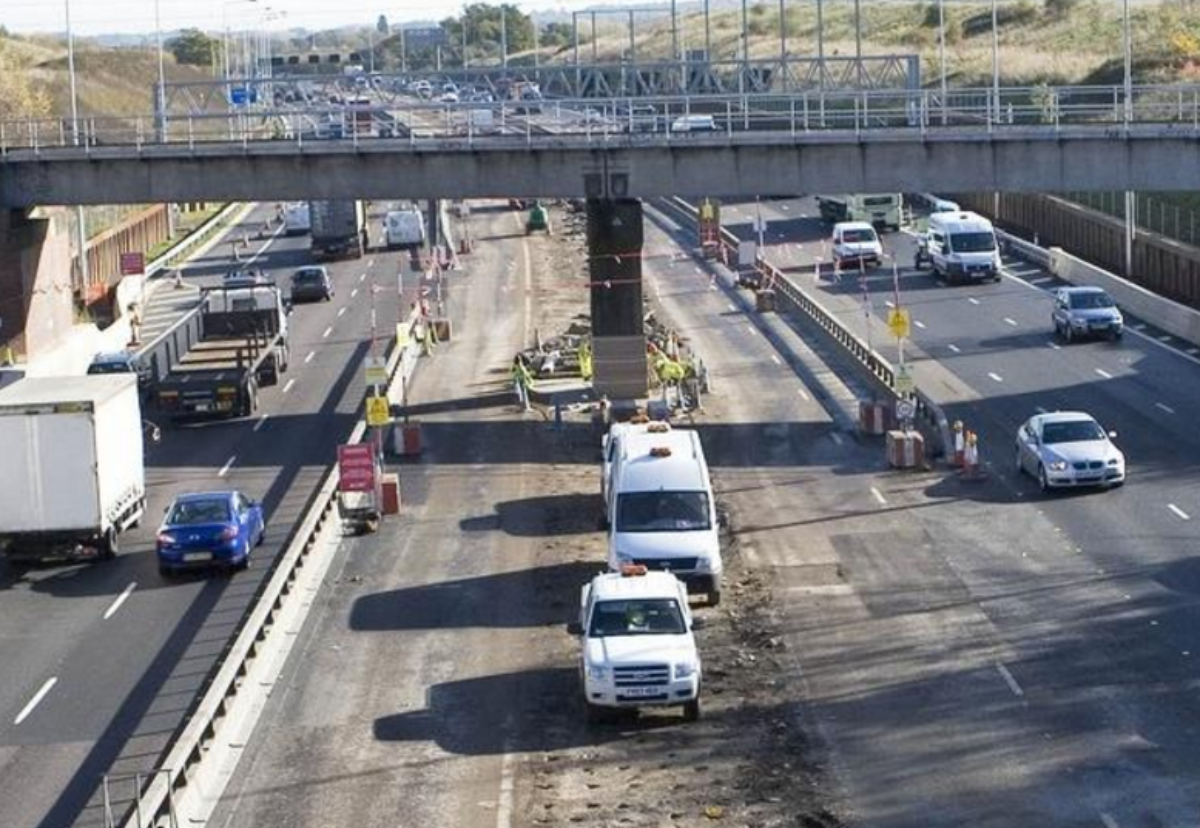Radical plans to adopt a full alliance model for all smart motorway work over the next 10 years will go out to industry consultation next month.
Highways England’s present aim is to team up with three tier one contractors, two designers and a logistic specialist to create a production hub.
This promises a major shake-up in the motorway industry where around eight contractors are presently engaged.
Shaun Pidcock, Smart motorways programme director, said nothing yet had been fully set in stone, prior to supply chain feedback.
A key part of the new business model would see Highways England commit to a fully planned programme of projects once it has finalised RIS 2 spending allocations.
“We want a production line approach, using a planned programme with a level spending profile for greater continuity of work that gets the best from the supply chain and can drive greater standardisation of design and use of offsite construction, ” said Pidcock.
“We aim to optimised learning and get everybody focused on delivering the best solutions on site,” he added.
The model is to shift to pure alliancing of the type operated in the water industry by Anglian Water.
He said that the alliance would work on an open platform, sharing resources when needed and engaging with strategic tier 2 supply teams early to book factory space for key supplies like gantries.
The production hub would operate under an alliance board made up of Highways England and its design and tier one stakeholders.
This would pre-allocate work programmes along either a corridor or regional approach as a series of projects worth around £100m.
Depending on the outcome of budget talks the Smart Motorway Alliance could be delivering anywhere from £400m-£600m a year, in line with present spending profiles.
Pidcock said: “We are changing the business model and expect to make big savings, drive down man hours on site, drive innovation and make greater use of standardised design.”
He added that the alliance approach would tackle duplication in the procurement process, where at present there is a element of secondary tendering on projects and commercial management.
Highways England will include programme level and project level incentives to drive knowledge sharing to deliver best solutions on site from the centralised delivery hub.
An invitation to tender will be published in the OJEU this autumn.

.gif)




































 (300 x 250 px).jpg)














.gif)


